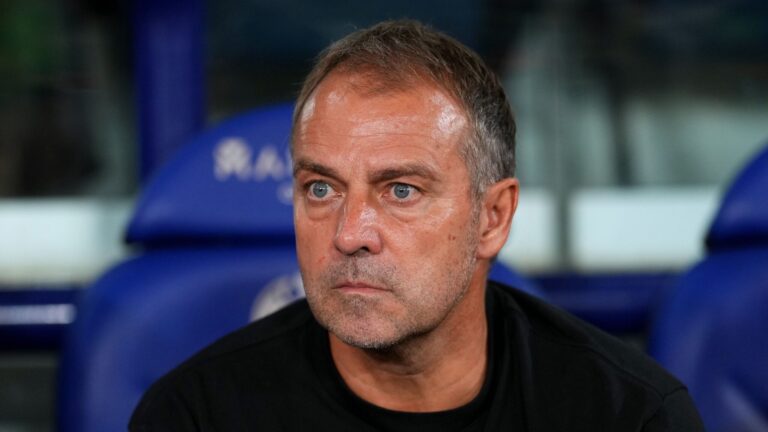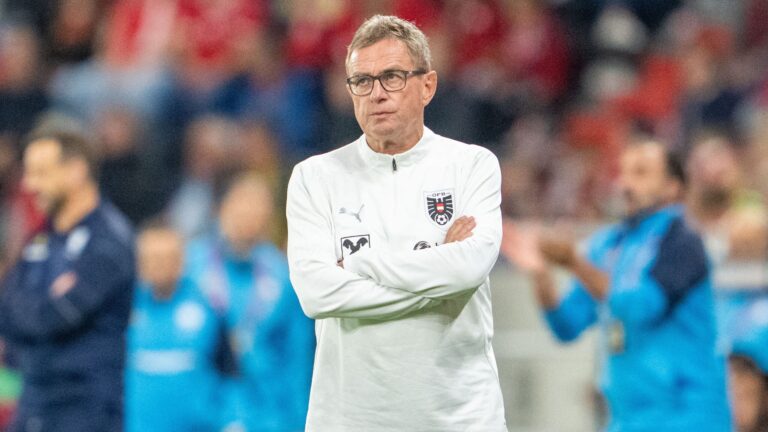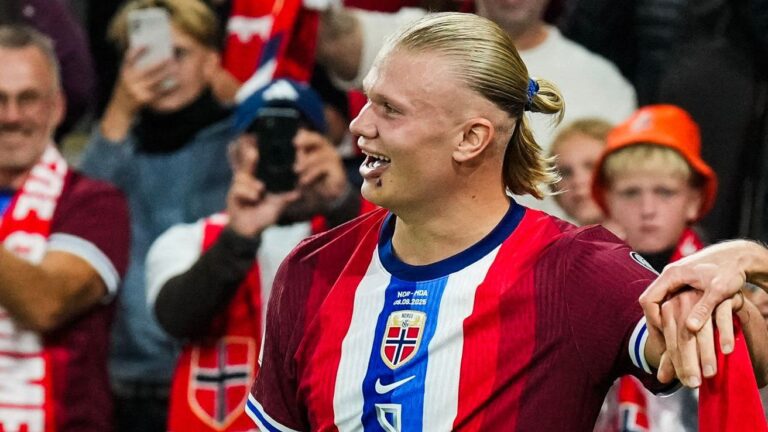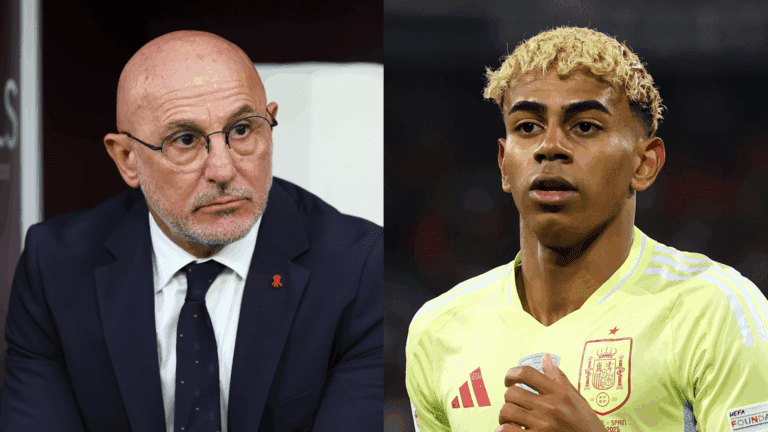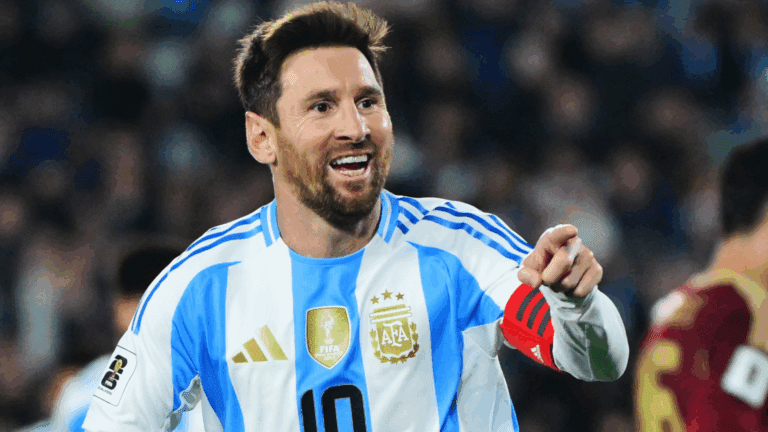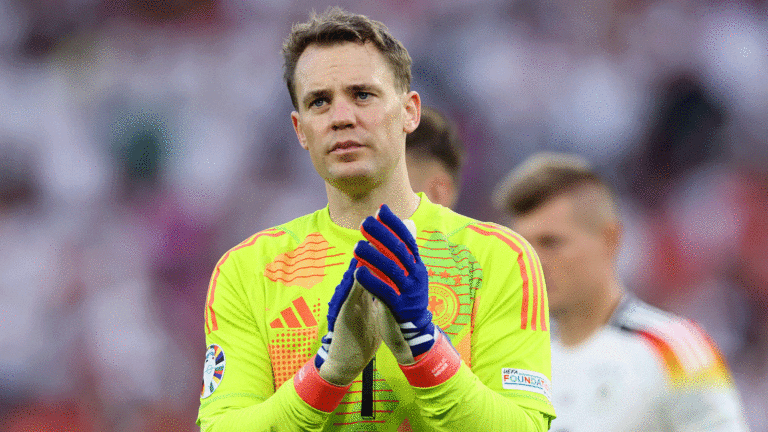Injury Woes for French Stars Ignite Debate on Overloaded Football Schedules
Recent setbacks on the international stage have thrust the issue of player safety into the spotlight, as key French athletes face extended time on the sidelines. With growing concerns over the relentless pace of global competitions, advocates are pushing for immediate reforms to safeguard athletes’ well-being. According to the latest reports, over 200 players worldwide have reported injuries linked to fixture congestion in the past year alone, highlighting the urgent need for change in how international calendars are managed.
The Latest Injuries and Their Consequences
French football talents like Ousmane Dembele and Desire Doue are now grappling with significant injuries sustained during national team duties, prompting sharp criticism aimed at FIFA’s packed schedule. The French players’ association has pointed fingers at the international governing body, arguing that the non-stop fixture list is endangering athletes’ health and performance.



Details of the Incidents
Dembele encountered a hamstring issue merely 30 minutes into his appearance as a substitute in the match versus Ukraine, forcing the 28-year-old to sit out for a minimum of six weeks. Meanwhile, Doue is projected to recover from his calf strain in about four weeks. These developments come amid a broader trend where injury rates in elite football have surged by 15% over the last two seasons, largely due to the intensified match load.
Club Reactions and Frustrations
For Paris Saint-Germain, these absences represent a major hurdle as they gear up for their initial Champions League fixture this season. The club openly voiced their discontent, targeting the French Football Federation in their remarks and labeling the injuries as “severe and preventable.” This echoes similar complaints from other top European clubs, where recent data shows that players involved in international duties are 25% more likely to get injured compared to those who aren’t.
The Toll on Dembele’s Career and Team Dynamics
Dembele’s current predicament is particularly stinging for PSG, considering his pivotal role in their triumphant previous campaign. The forward was instrumental, netting 35 goals and dishing out 16 assists, which propelled the team to their inaugural Champions League victory. This stellar form had positioned him as a strong contender for the Ballon d’Or, but now, with updated odds reflecting his absence, the conversation has shifted to the long-term effects of such injuries on star players’ careers.
Renewed Push for Calendar Reforms
Calls from the Players’ Union
This episode has amplified discussions on athlete protection and the burdens of an overcrowded schedule. David Terrier, head of the UNFP, has emphasized that FIFA’s dominance over international fixtures is the core issue and urged for swift adjustments. In a recent interview with Ouest-France, he noted that the challenges extend far beyond individual cases like those of Dembele and Doue, advocating for governmental involvement to enforce better safeguards.
Governmental Intervention and Industry-Wide Concerns
“It’s essential for all stakeholders to collaborate on implementing new guidelines immediately to shield players from harm,” Terrier stated. “Given that our repeated efforts and appeals haven’t swayed FIFA, we’re seeking state-level action.” He further explained that complaints about excessive international commitments have persisted for the past three to four years, affecting domestic tournaments as elite athletes log more game time for financial gains, while mid-tier teams see reduced play and declining wages.
Terrier targeted FIFA specifically, pointing out their control via confederation leaders who also serve as vice-presidents. “Challenging FIFA means confronting the whole football ecosystem,” he remarked. “These events and tournaments have expanded without resistance from federations, and clubs that joined the Club World Cup were initially enthusiastic. Yet, the priority now is player welfare-ensuring they can perform at their best for fans who invest in tickets and broadcasts. We align with demands like PSG’s for enhanced medical protocols and mandatory rest phases to better support football professionals.”
What’s Next for France and PSG
The French national team must press on with their World Cup qualifying efforts minus Dembele and Doue, facing Iceland on September 9. On the club front, PSG will need to adapt their strategies for the upcoming weeks, particularly for their critical Champions League encounter against Barcelona on October 1, amid rising calls for a more sustainable football calendar to prevent future crises.
The Incident with Ousmane Dembélé
Ousmane Dembélé’s recent injury has thrown a spotlight on the brutal demands of the modern football calendar, highlighting FIFA’s ongoing reluctance to address player welfare. The French forward, known for his electrifying speed and skill at Paris Saint-Germain and with the French national team, suffered a hamstring injury during an international match. This setback isn’t just another statistic in his injury-prone career; it’s become a flashpoint for broader discussions about the overloaded football schedule. Players like Dembélé are pushed to their limits with back-to-back club and international commitments, and this particular incident has fueled outrage from the French Players’ Union (UNFP), who argue that FIFA’s inaction is endangering athletes’ health.
French Players’ Union Outrage
The UNFP didn’t hold back in their response to Dembélé’s injury, calling it a “wake-up call” for FIFA and other governing bodies. In a strongly worded statement, union leaders pointed out how the relentless fixture list-think Champions League, domestic leagues, and international breaks-leaves little room for recovery. Keywords like “player safety in football” and “overloaded football calendar” have been trending in union discussions, as they emphasize that injuries such as Dembélé’s are not isolated but symptomatic of a deeper problem.
What makes this outrage so compelling is the data backing it up. According to reports from football analytics firms, top players now face up to 70 matches a season, a sharp increase from a decade ago. The UNFP has cited studies showing a 20-30% rise in muscle injuries among elite players, directly linked to fatigue from the packed schedule. This isn’t just about one player; it’s about protecting the entire workforce in professional football.
Calls for State Intervention on the Football Calendar
With FIFA showing reluctance to reason and make meaningful changes, the UNFP has escalated their demands, calling for state intervention to overhaul the football calendar. Governments in countries like France and Spain are being urged to step in, potentially through regulations that limit the number of games or enforce mandatory rest periods. This idea gained traction after Dembélé’s injury, as unions argue that self-regulation by FIFA isn’t working-evidenced by the organization’s slow response to previous calls for reform.
For instance, the UNFP has proposed that national labor laws could be applied to football, treating players as employees with rights to reasonable working hours. This could mean capping international fixtures or introducing off-season breaks, ensuring that stars like Dembélé aren’t risking long-term damage for the sake of commercial interests.
The Overloaded Football Calendar: A Deeper Look
Diving deeper, the football calendar’s issues stem from a combination of commercial pressures and global expansion. FIFA’s reluctance to reason often boils down to financial incentives-more games mean more broadcasting deals and revenue. But at what cost? Players are reporting higher instances of burnout, with Dembélé’s case exemplifying how even young talents can suffer.
To break it down:
- Increased fixture congestion: With tournaments like the expanded FIFA Club World Cup on the horizon, players could face even more games.
- Impact on performance: Studies from sports science journals show that fatigue leads to a 15% drop in performance metrics, like speed and decision-making.
- Long-term health risks: Repeated injuries, as seen with Dembélé, can shorten careers and affect mental health.
Benefits of Reforming the Football Schedule
Reforming the football calendar isn’t just about preventing injuries like Dembélé’s-it’s about unlocking real benefits for everyone involved. For players, a more balanced schedule could mean better physical and mental health, leading to longer careers and peak performances. Clubs might see fewer disruptions from injuries, translating to more consistent results and fan satisfaction.
From a fan’s perspective, imagine watching your favorite players at their best, without the worry of fatigue-induced mistakes. Economically, a healthier calendar could reduce medical costs for teams and even boost global viewership by ensuring high-quality matches. Plus, with player unions pushing for change, we could see innovations like flexible international windows, making the sport more sustainable overall.
Practical Tips for Players and Unions
If you’re a player, coach, or even a union representative dealing with the strains of the football calendar, here are some practical tips to navigate this:
- Prioritize recovery routines: Incorporate tools like GPS tracking for training loads and mandatory rest days to mimic what Dembélé might have needed.
- Advocate for data-driven changes: Unions can use injury statistics, like those from Dembélé’s case, to lobby for reforms-perhaps pushing for AI-powered scheduling that balances workloads.
- Collaborate with experts: Work with sports physiologists to develop personalized plans, ensuring players aren’t overexerted during peak calendar periods.
Case Studies from Other Sports
Looking at other sports provides valuable lessons on managing overloaded schedules. For example, in the NBA, the introduction of load management policies after star injuries reduced game-time absences by 25%. Similarly, tennis has implemented mandatory rest periods for players like Novak Djokovic, cutting down injury rates significantly. These case studies show that when governing bodies listen, tangible improvements follow-which is exactly what FIFA could learn from in the context of Dembélé’s situation.
First-Hand Experiences from Players
Hearing directly from players adds a human touch to this debate. Several French internationals, including those who’ve played alongside Dembélé, have shared their frustrations in interviews. One anonymous player told a sports podcast, “It’s like we’re machines, not humans. After non-stop games, my body just gives out.” This echoes Dembélé’s own comments about the toll of international duties, underscoring the urgent need for change and highlighting how FIFA’s reluctance affects real lives on the pitch.


